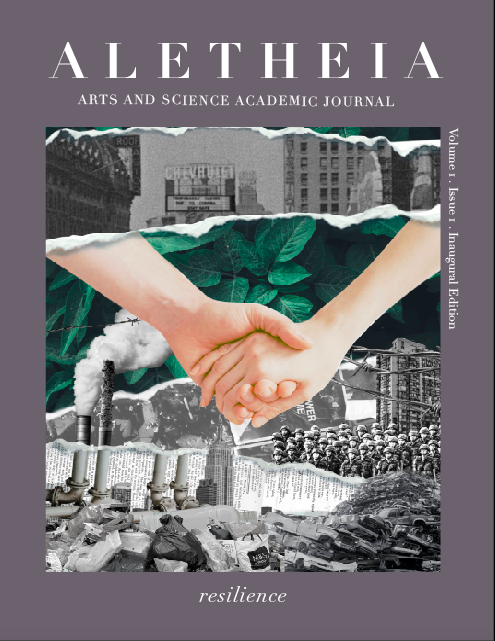LITERATURE AND THE HOLOCAUST: INVESTIGATING THE VALUE OF A LITERARY HOLOCAUST EDUCATION
DOI:
https://doi.org/10.15173/a.v1i1.2807Abstract
The Holocaust is one of the most researched and documented genocides in history, and yet it remains an inconceivable tragedy, for it is challenging to comprehend the mass killings, inhumane conditions, and sheer hatred that the European Jews faced during World War II. Literature has long been used as an educational tool about the realities of life. In contrast to history textbooks, literature allows readers to dive into the psyche of those persecuted; adheres to the historical events, while permitting artistic exploration of personal narratives; and creates a space where the unspeakable experiences and dehumanization during the Holocaust can be spoken, shared, and contended with. The literary reading process entails a dialogue between the reader and the narrative, thus generating an inquiry-based education on the Holocaust. Holocaust literature is sustained by survivors’ stories of resilience. Although these tales of resilience often do not have traditionally happy endings, they depict that people must contend with their past suffering and offer an educational tool to transmit testimony in the hopes of inspiring resilience in others. Holocaust literature provides a platform to meaningfully communicate personal narratives, which demystifies the tragedy as an isolated incident, educates readers on the historical realities of the Holocaust, and places responsibility on everyone to resist indifference. Through exploration of the artistic forms and historical elements of selected works of Holocaust literature, this paper will demonstrate that literature is a valuable tool in educating on the Holocaust and has merit as an integral part of school curricula.
References
Published
Issue
Section
License
Copyright (c) 2021 Aletheia

This work is licensed under a Creative Commons Attribution-NonCommercial-NoDerivatives 4.0 International License.
All Rights Reserved





